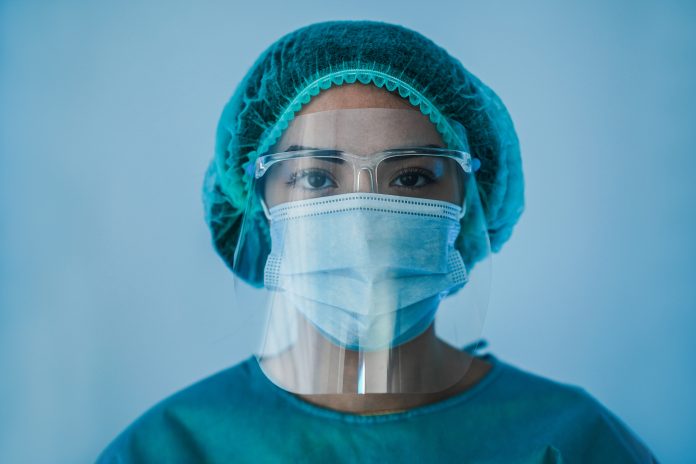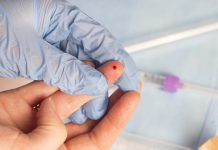A new report highlights the significant cost to British taxpayers resulting from the mishandling of Covid contracts
Failed PPE contracts during the COVID-19 pandemic have cost British taxpayers £1.4 billion, according to an interim report commissioned by Chancellor Rachel Reeves. The over-ordering of PPE and delays in checking it means that £762m is unlikely ever to be recovered. These failures resulted in substandard PPE – gowns, masks, and visors- not being inspected for two years, meaning public money could no longer be recouped.
Recovering £468m from suppliers of PPE
Reeves is attempting to recover £468m from suppliers, with the aim of putting the money back into communities and public services, including the NHS, police, and armed forces. So far, £182m has been returned and reinvested into the public purse.
Chancellor Rachel Reeves said: “The country is still paying the price for the reckless handling of Covid contracts, which saw taxpayer pounds wasted and criminals profit from the pandemic.
This investigation and plan to recover public money underlines our commitment to ensure that every penny spent during the pandemic is fully accounted for.
We have always been clear that money poorly spent or fraudulently claimed belongs to the British people. This Government will bring criminals to justice and put taxpayer’s money back where it belongs – in the NHS, police and armed forces.”
Most of the wasted money went on surgical gowns. Over half (52%) were non-compliant; however, since much of the defective PPE was not quality-tested until after the warranties had expired, there is little chance of recovering the money.
This interim report marks the end of Phase One of Commissioner Tom Hayhoe’s investigation of Covid contracts. The Commissioner has now begun work on Phase Two, which will investigate fraud and error in other pandemic spending programmes, such as furlough, bounce-back loans, Business Support Grants, and Eat Out to Help Out.
PAC brands Covid PPE approach a “haphazard purchasing strategy”
In June 2022, the Public Accounts Committee expressed its concern about the questionable Covid contracts during the pandemic. The Department for Health & Social Care (DHSC) lost 75% of the £12 billion it spent on personal protective equipment (PPE) in the first year of the pandemic to inflated prices and kit that did not meet requirements – including fully £4 billion of PPE that will not be used in the NHS and needs to be disposed of.
In the previous report, the Public Accounts Committee said that as a result of DHSC’s “haphazard purchasing strategy”, 24% of the PPE contracts awarded are now in dispute – including contracts for products that were not fit for purpose and one contract for 3.5 billion gloves where there are allegations of modern slavery against the manufacturer.
Dame Meg Hillier MP, Chair of the Public Accounts Committee, said: “The story of PPE purchasing is perhaps the most shameful episode of the UK government’s response to the pandemic. At the start of the pandemic, health service and social care staff were left to risk their own lives and those of their families due to a lack of basic personal protective equipment (PPE). In a desperate bid to catch up, the Government splurged huge amounts of money, paying obscenely inflated prices and payments to middlemen in a chaotic rush, during which they discarded even the most cursory due diligence. This has left us with massive public contracts now under investigation by the National Crime Agency or in dispute because of allegations of modern slavery in the supply chain.
Add to that a series of inappropriate, unauthorised severance payoffs made by clinical commissioning groups in the first year of the pandemic and the impression given falls even further from what we expect.
The DHSC singularly failed to manage this crisis, despite years of clear and known risk of a pandemic. The challenges facing it now are vast, ranging from getting the NHS back on its feet to preparing for the next major crisis. There are frankly too few signs that it is putting its house in order or knows how to.”











